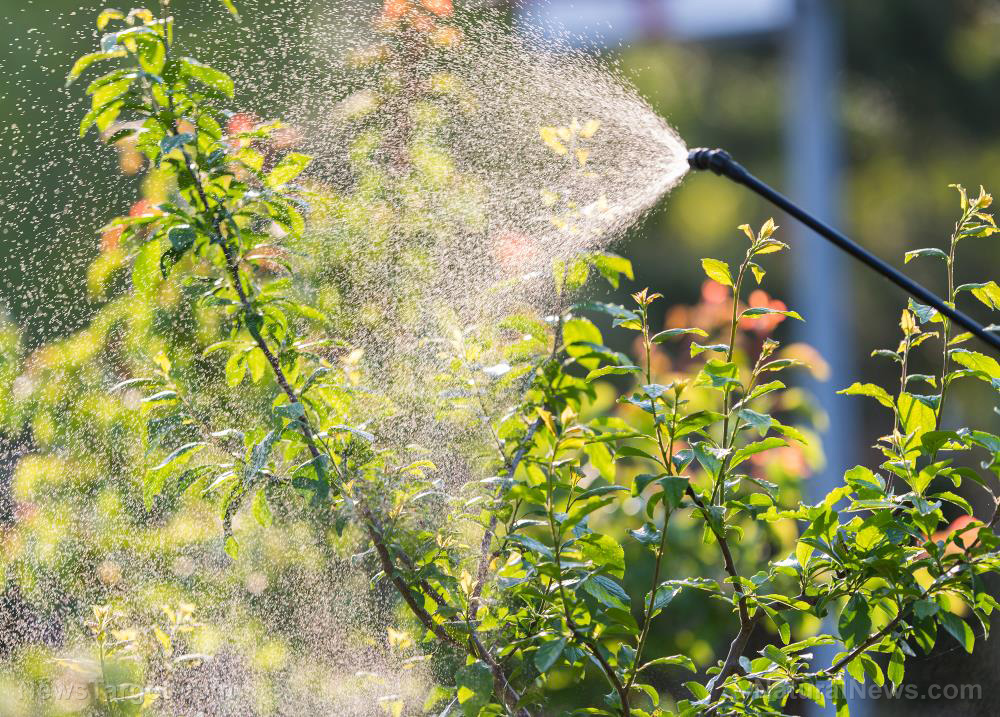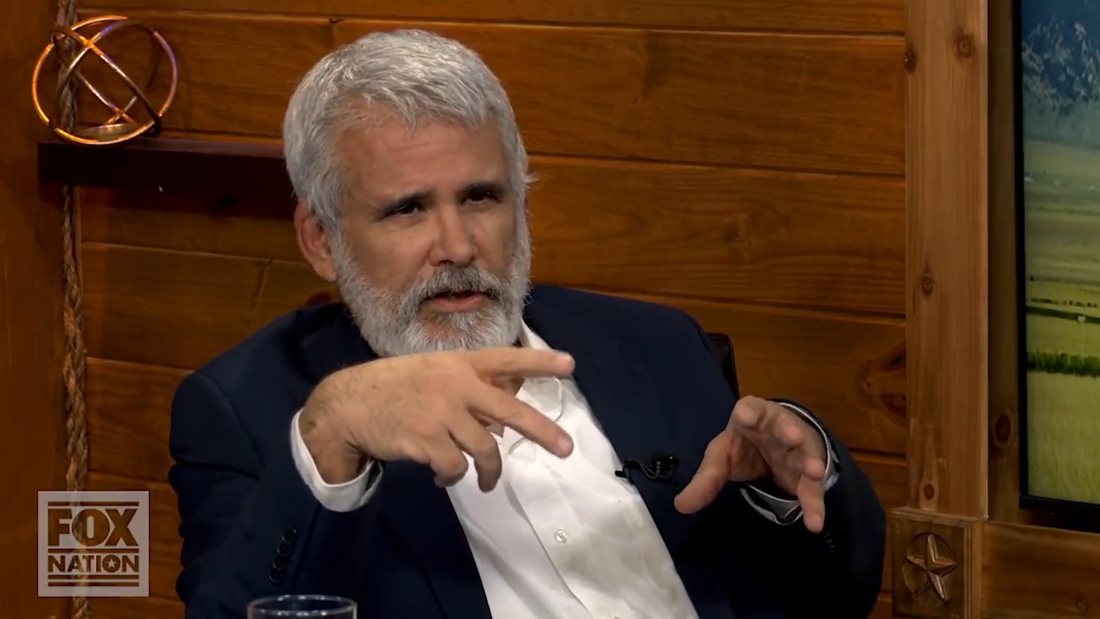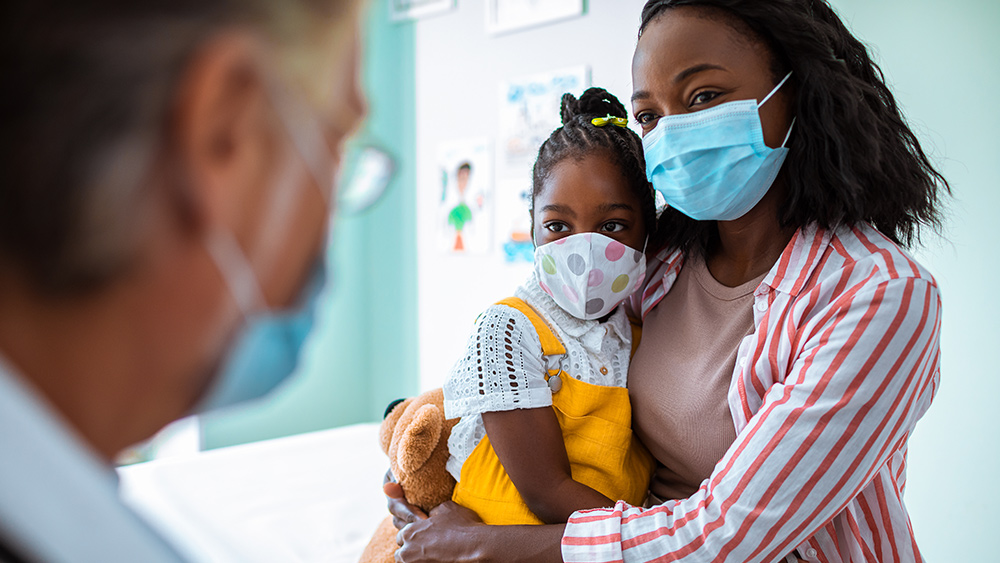Farmers, conservationists ask court to ban the use and sale of glyphosate
02/01/2021 / By Divina Ramirez

The World Health Organization (WHO) determined in 2015 that glyphosate, the key ingredient in Bayer AG’s weed-killer Roundup, was a probable human carcinogen. But the Environmental Protection Agency (EPA) backed agrochemical giants like Bayer AG by affirming that the pesticide poses no risks to human health despite initially agreeing with WHO.
EPA’s wishy-washy approach to regulating, if not totally banning, glyphosate might soon be put to rest now that the non-profit advocacy group Center for Food Safety (CFS) has filed its opening arguments and evidence in its litigation challenging the EPA’s re-approval of the controversial pesticide ingredient.
Representing a broad coalition of farmers, farmworkers and conservationists, CFS filed its lawsuit in March in the Ninth Circuit Court of Appeals. The groups involved seek to have glyphosate prohibited from use or sale in light of what they thought was an unlawful approval.
“Farmworkers are on the frontline of nearly every health and environmental crisis,” said Amy van Saun, senior attorney at CFS. Van Saun said the EPA failed these essential workers, who are most at risk of the adverse effects of pesticide exposure, by rejecting evidence that glyphosate causes cancer.
Farmers are the first to bear the cost of the EPA’s flawed re-approval of the pesticide, noted John Zippert, lead petitioner in the case and chairperson of the Rural Coalition.
The group’s filing on Dec. 22, 2020 included volumes of evidence that showed how the EPA has repeatedly neglected the serious health risks that glyphosate poses to farmers, as well as the pesticide’s ecological impact.

Exposure to glyphosate linked to cancer
Bayer AG’s glyphosate-based herbicide Roundup became a subject of controversy after several farmers alleged it gave them a form of cancer called non-Hodgkin’s lymphoma. This disease heavily affects the lymphatic system, a network of tissues that help rid the body of toxins, waste and other unwanted substances.
Former coffee farmer Christine Sheppard was one of over 800 cancer patients who sued Monsanto, which had created Roundup long before its acquisition by Bayer AG. Sheppard said she had used the product to control weeds on her farm in Hawaii before falling ill in 2003. Doctors found several enlarged lymph nodes inside Sheppard. She was diagnosed with stage 4 non-Hodgkin’s lymphoma and was forced to stop farm works.
It was only after the WHO determined that the pesticide was a probable carcinogen in 2015 that Sheppard and many others were able to sue Monsanto. In 2017, more than 800 people filed lawsuits against the company. In 2018, that figure was in the thousands.
One high-profile case against Monsanto was that of former school groundskeeper Dewayne Johnson, who now lives with non-Hodgkin’s lymphoma.
Johnson sprayed Roundup to maintain the grounds of a few schools and sports fields in Vallejo, California. He was diagnosed with the disease in 2014 after he developed lesions throughout his body. In 2018, a judge ordered Monsanto to pay Johnson $289 million after a jury ruled that Monsanto caused his cancer.
But despite the thousands of lawsuits against Monsanto and several studies on the cancer-causing potential of glyphosate, the EPA has remained steadfast in its efforts to affirm that the pesticide does not cause cancer.
Last January, the agency said in a statement that glyphosate poses no risk to human health when it is used according to the label. Glyphosate is also not a carcinogen, the statement read. (Related: Evidence suggests glyphosate standards are failing to protect the public.)
Lori Ann Burd, director of environmental health for the Center for Biological Diversity, said that the EPA’s “troubling allegiance” to the pesticide industry does not change the fact that peer-reviewed studies showed compelling links between glyphosate exposure and a greater risk of developing cancer.
Read more articles about the environmental risks of glyphosate use at Glyphosate.news.
Sources include:
Submit a correction >>
Tagged Under:
Ecology, environ, environment, glyphosate, harvest, herbicides, Monsanto, poisons, Roundup, toxic chemicals
This article may contain statements that reflect the opinion of the author




















